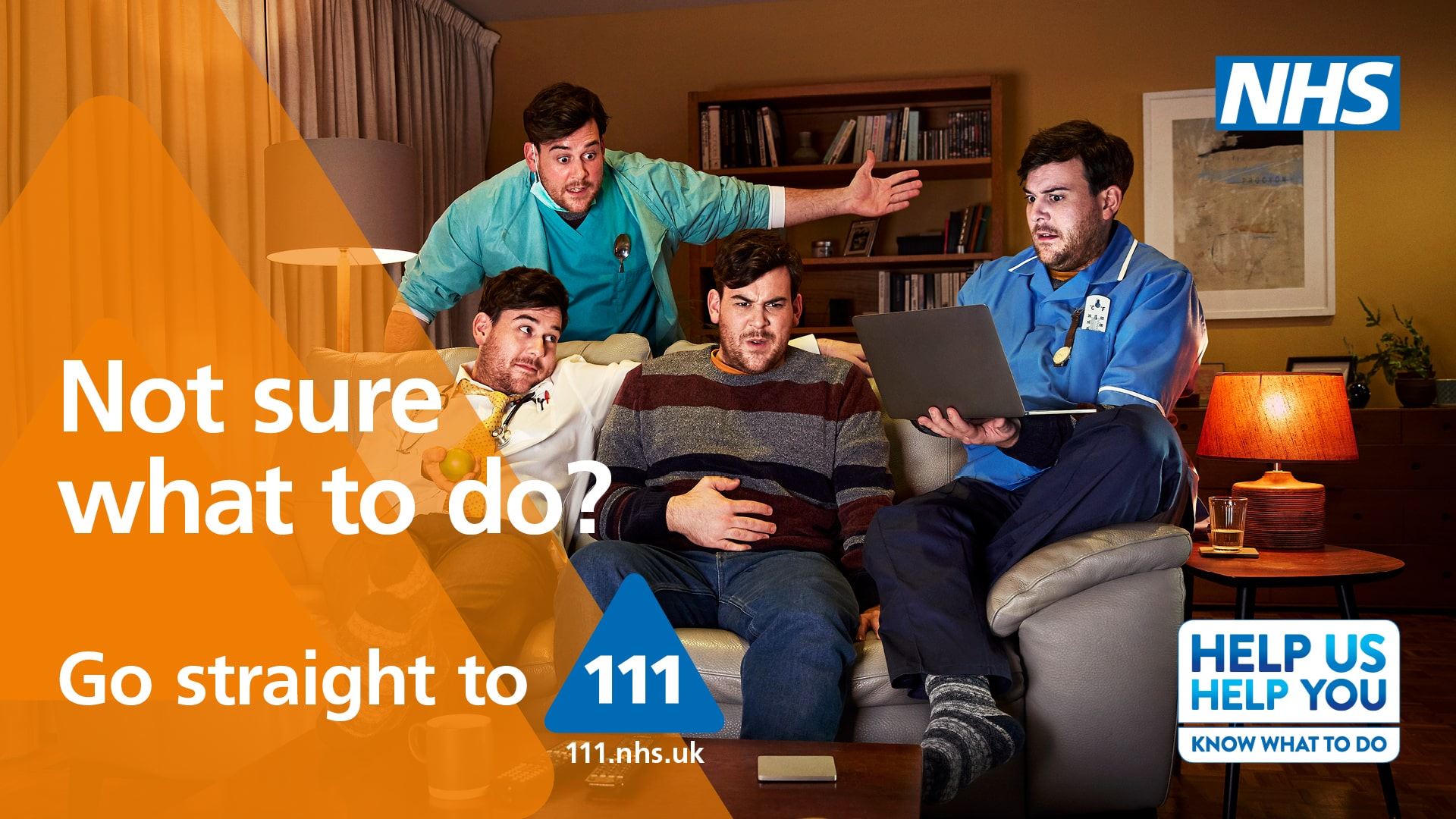What To Do When We Are Closed
When Leek Health Centre is closed, NHS North Staffordshire commissions an out-of-hours service for emergencies and urgent issues.
Community Pharmacist Consultation Scheme
You may not need to see your doctor—your local pharmacist can provide advice and treatment for a range of conditions. If you’re registered with Leek Health Centre and eligible for free prescriptions (including those with a valid pre-payment certificate), you can have a consultation at a local pharmacy without needing an appointment for the following conditions:
- Acne, allergic reactions, ankle/foot pain, athlete’s foot, insect bites/stings
- Blisters, constipation, coughs, colds, flu, diarrhoea, ear discharge, earwax
- Earache, eye issues, eyelid problems, hair loss, headaches, hearing issues
- Joint pain (hip, thigh, buttock, knee, lower leg), lower back pain, mouth ulcers
- Nasal congestion, painful urination, rectal pain, scabies, scratches, grazes
- Sinusitis, shoulder pain, skin rashes, sleep difficulties, sore throats, teething
- Tiredness, toe pain, vaginal itch/discharge, vomiting, wound problems, wrist/hand/finger pain
If you are not entitled to free prescriptions, you can still access the scheme. Medication dispensed may be cheaper than the GP-prescribed cost. For more information, ask at the reception.
Minor Injuries and Ailments
You can receive treatment for minor injuries and ailments at the following locations:
Leek Moorlands Hospital
Ashbourne Road, Leek, Staffordshire, ST13 5BQ
Tel: 0300 123 1894
Opening Hours: 9:00 am to 5:00 pm (last admission 4:30 pm), seven days a week
No appointment needed, walk-in service.
The Haywood Walk-in Centre
High Lane, Stoke-on-Trent, Staffordshire, ST6 7AG
Tel: 01782 673500
Opening Hours: 7:00 am to 9:30 pm, Monday to Friday
Walk-in or NHS 111 can book an appointment.
Conditions Treated at the Walk-in Centre:
- Wounds, rashes, ear infections, sprains, strains, minor burns, suspected fractures
What They Can’t Treat:
- Head injuries, toothache, pregnancy-related illness, X-rays for children under 5
When to Visit A&E or Call 999
You should visit A&E or call 999 for serious, life-threatening conditions like:
- Severe bleeding, loss of consciousness, suspected strokes, chest pain, or breathing difficulties
Local pharmacies can also provide advice and suggest over-the-counter treatments for minor illnesses.
Making the Right NHS Choice
- For serious illness or major accidents: Choose A&E or 999.
- For slips, trips, skin complaints: Choose an NHS Walk-in Centre, Urgent Care Centre, or Minor Injuries Unit.
- For persistent vomiting or back pain: Choose your GP.
- For common colds or minor complaints: Choose a pharmacist.
- For minor self-limiting issues (e.g., sore throat or cough): Self-care.
Advice on Treating Minor Illnesses
A Child with a Fever
If your child has a high temperature, give paracetamol syrup (e.g., Calpol) and remove unnecessary clothing. Keep the room cool and, if needed, sponge your child with tepid water for 10-20 minutes. Offer plenty of cool drinks. If the fever persists or your child seems very unwell, contact your doctor.
Diarrhoea and Vomiting
These symptoms are often caused by a viral infection and will typically resolve in 24-36 hours. To manage them:
- Replace lost fluids by offering clear liquids frequently (avoid milk and fizzy drinks).
- Special rehydration powders like Dioralyte are available from pharmacies.
- Avoid solid food for the first 24 hours; gradually reintroduce light foods (toast or dry biscuits) after symptoms improve.
- Contact your doctor if there is blood in the diarrhoea, severe cramps, or a high temperature.
In infants and young children, watch for signs of dehydration (dry mouth, sunken eyes, or reduced urine output). Contact your doctor if symptoms persist.
Coughs, Colds, and Sore Throats
These minor illnesses are usually viral, and antibiotics won’t help. Rest, drink fluids, and take paracetamol. Consult your doctor if the cough produces blood or colored phlegm, or if there are chest pains or breathing difficulties.
Emergencies
For severe chest pain, heavy bleeding, or other serious issues, call 999 before contacting the surgery.
NHS 111
For non-emergency medical issues, call NHS 111 for guidance.

